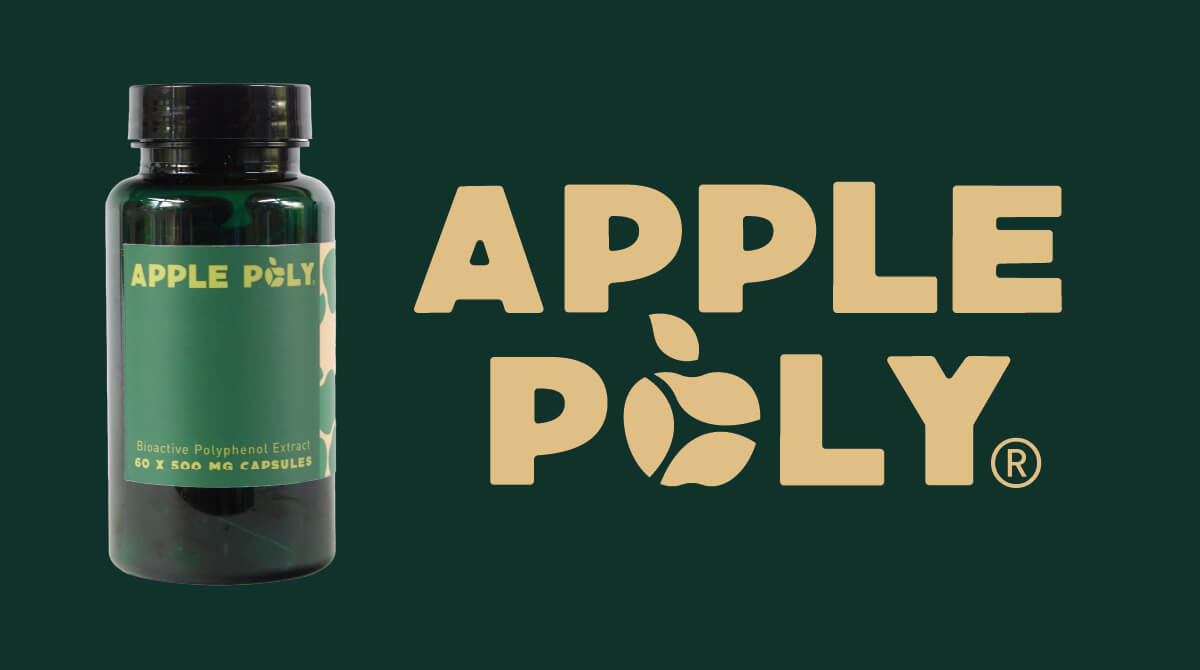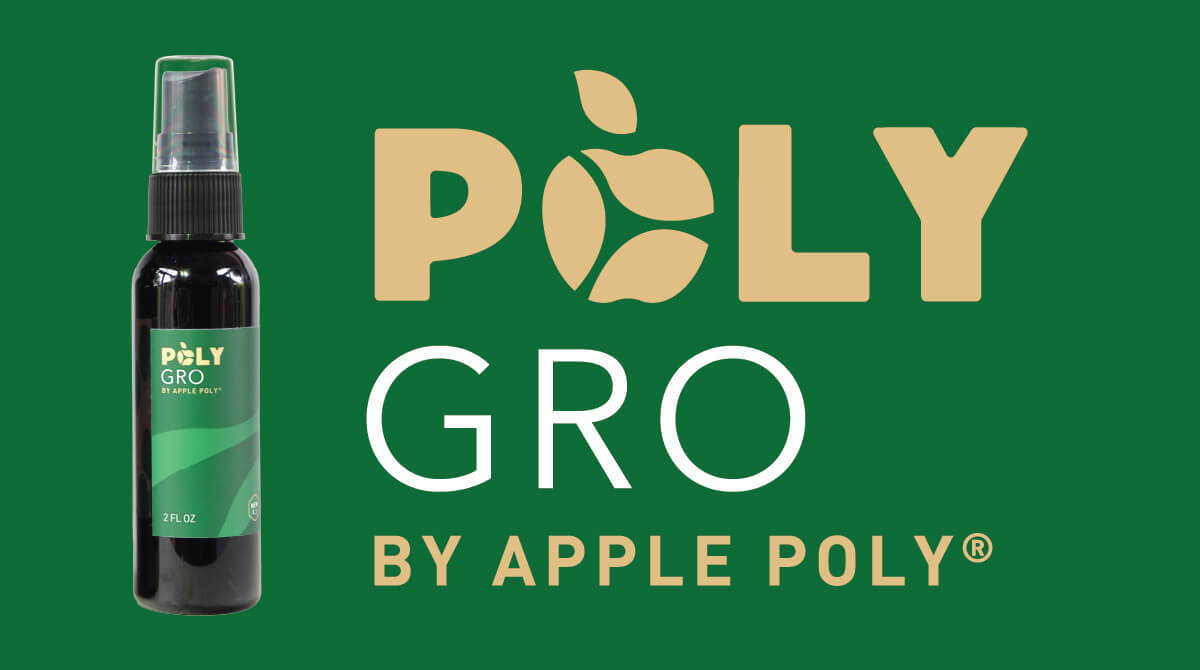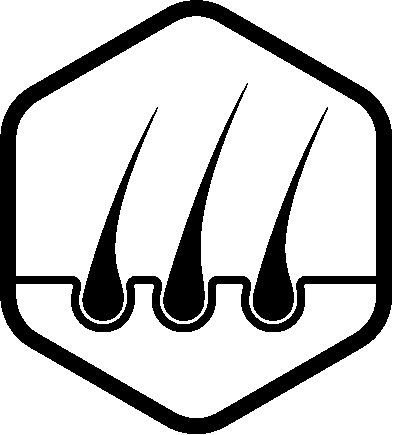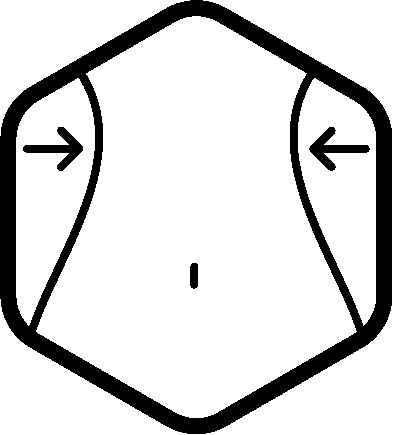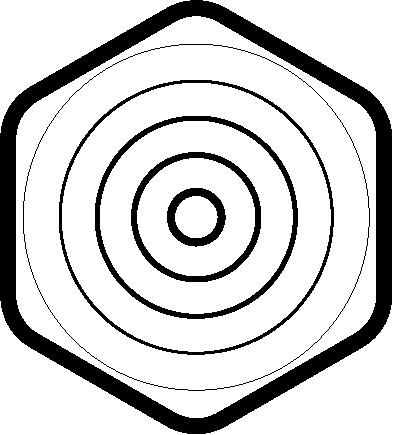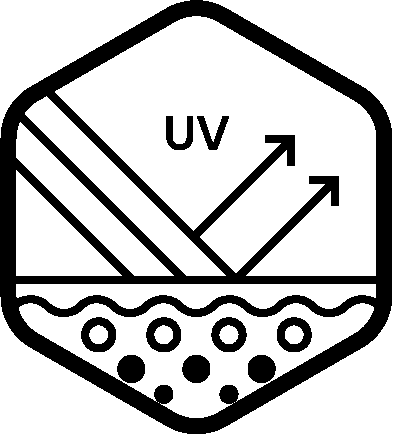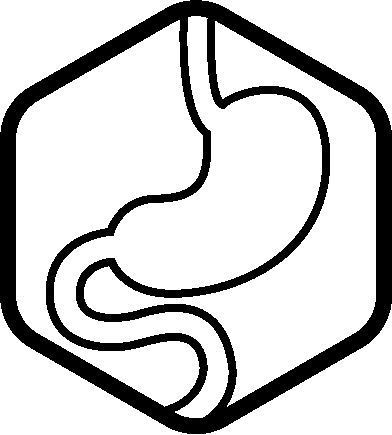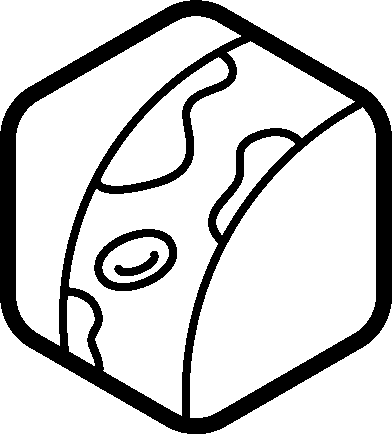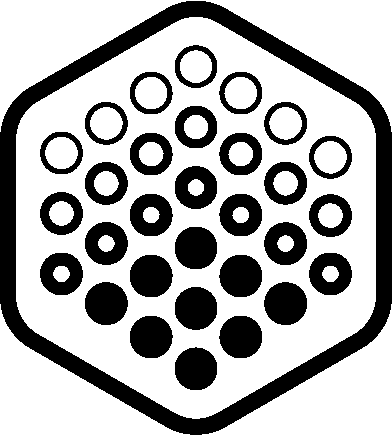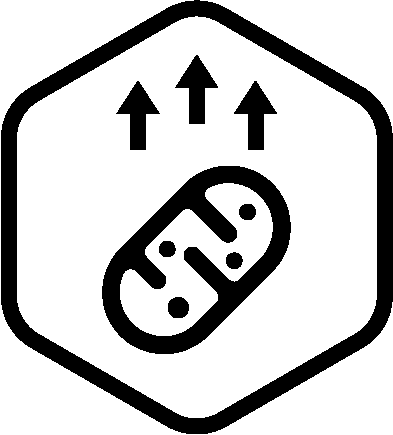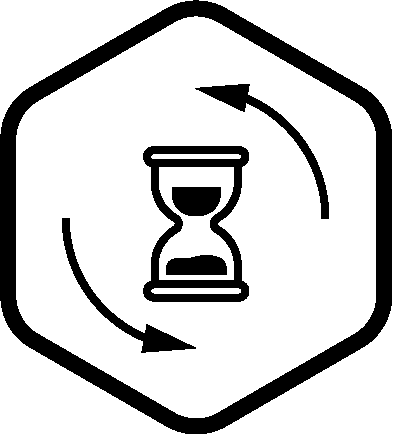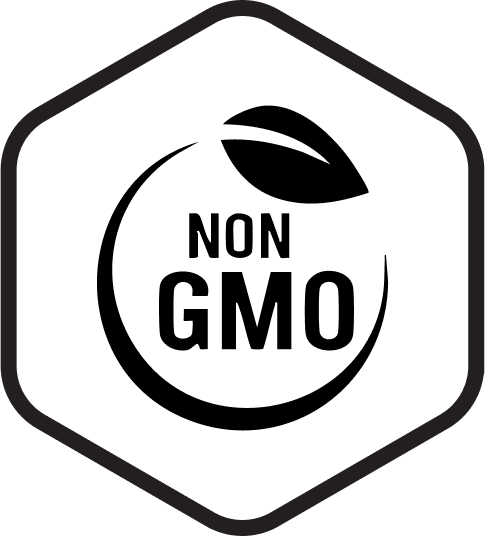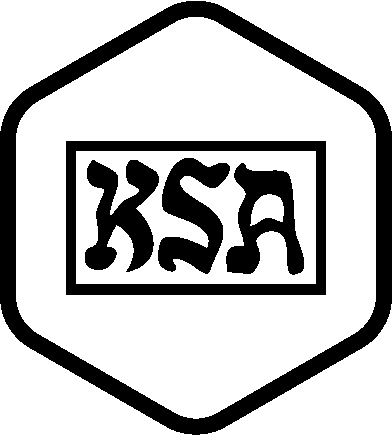Publication Date:
2022-11-28
Institutions involved:
- Department of Dermatology, Golcuk Public Hospital, Kocaeli, Turkey,
- Department of Dermatology, Güven Hospital, Ankara, Turkey
Participants:
40 men aged 21–44 with male pattern baldness
Duration:
4 months
Dosage:
1% procyanidin B2 solution, 1.8 ml topically, twice daily
Learn more
Try Apple Poly Now
Key Takeaways:
In this randomized, double-blind, placebo-controlled clinical trial, 70% of patients showed visible improvement based on blinded dermatologist evaluations.
Topical procyanidin B2, derived from apples, significantly increased total and terminal hair count in men with androgenetic alopecia (AGA) over a 16-week period.
Trichoscan analysis revealed a statistically significant increase in anagen phase hairs, critical for visible thickening and long-term growth.
Apple Poly Summary:
Why is this study important? This randomized, double-blind, placebo-controlled trial evaluated the safety and efficacy of topically applied procyanidin B-2 in men with androgenetic alopecia (male-pattern baldness). Over 12 months, the treatment significantly increased hair density and diameter without adverse effects—reinforcing the potential of this apple-derived polyphenol as a safe, non-hormonal option for hair regrowth.
In Plain English: This study tested a scalp treatment made from a natural apple compound to see if it could help with male pattern baldness. After a year of use, men who applied it had more hairs and thicker strands—without any side effects. Photos and expert reviews showed visible improvement in about 70% of treated patients. It suggests that this apple-based solution might be a safe, effective way to increase hair growth.
For Medical Professionals: In this 12-month randomized, double-blind, placebo-controlled trial, 29 men with androgenetic alopecia applied a 1% procyanidin B-2 topical solution twice daily. The treatment group showed statistically significant increases in total hair count and mean hair diameter compared to placebo. No adverse dermatologic or systemic effects were reported. These findings confirm the safety and efficacy of procyanidin B-2 as a topical polyphenol-based intervention for AGA, with potential advantages over conventional hormonal therapies.
Abstract:
Objective: Androgenetic alopecia (AGA) is a common type of alopecia characterized by the shortening of the anagen phase of hair growth and the miniaturization of hair follicles. TGF-β is a well-known hair cycle catagen phase inducer and is involved in the catagen phase in AGA. Inhibition of TGF-β is recognized as a therapeutic option in the treatment of AGA. Procyanidins are a type of polyphenol that has been shown to inhibit TGF-β activity in vivo, but there haven’t been many studies on their effectiveness.In this study, we aimed to evaluate the efficacy and safety of topical procyanidin B2 in the treatment of male AGA.
Materials and Methods: Patients aged between 18 and 50 years who applied to our dermatology outpatient clinic with the complaint of AGA and had Hamilton-Norwood type II-V AGA were included in our study. Those who had received 5-reductase inhibitor or isotretinoin treatment in the previous year, those who had used any medicinal or herbal product that stimulated hair growth, particularly topical minoxidil, in the previous six months, those who had used systemic steroids for more than two weeks in the previous three months, those who had undergone a transplant or scalp reduction, and those who had received radiotherapy or chemotherapy at any point in their lives were excluded from the study. A total of 40 patients who met the current criteria were included in the study. Patients were randomized into two groups to receive 16 weeks of topical procyanidin B2 (n = 20) or placebo (n = 20) therapy. At the end of the treatment, the patients were called for control. The efficacy of topical procyanidin B2 after treatment was evaluated by trichoscan and global photographic evaluation.
Results: A total of 40 male patients (mean: 33.32, range: 21–44) with AGA type II-IV were included in the study. There was no significant difference between the two groups in terms of age, duration of hair loss, and AGA type (P >0.05). At the end of the study, there was a significant increase in total hair count in the topical procyanidin B2 group compared to the placebo group compared to baseline (P < 0.05). Anagen hair count was also significantly increased in the topical procyanidin B2group (P < 0.05).
Conclusion: In this placebo-controlled study, we think that topical procyanidin B2 is an effective and safe treatment option in the treatment of AGA patients.
Keywords: Alopecia, androgenetic alopecia, cosmetics, finasteride, minoxidil, procyanidin
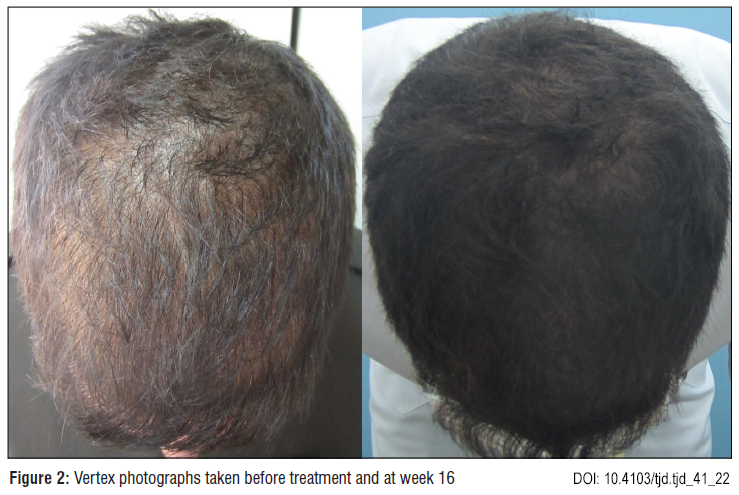
Turk J Dermatol 2022;16:108-14, doi 10.4103/tjd.tjd_41_22
